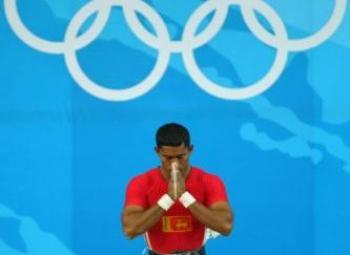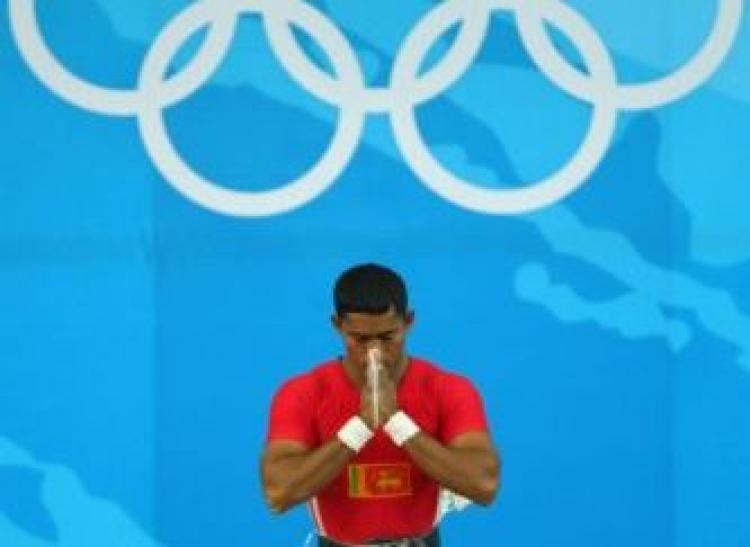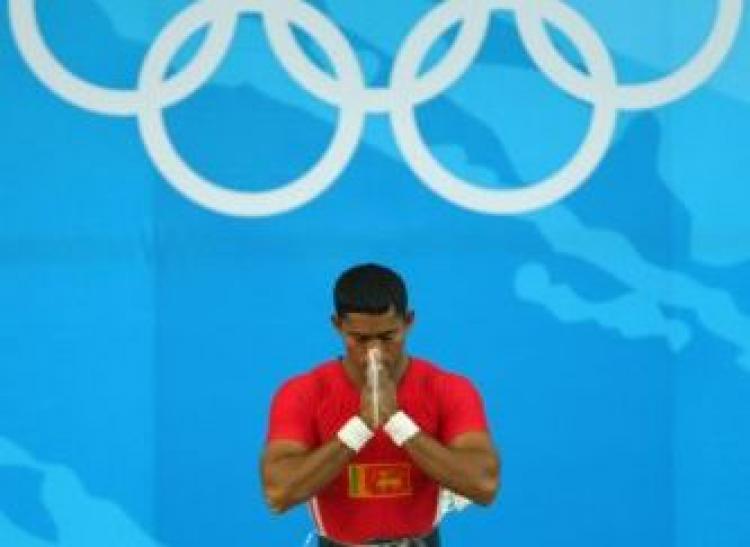Athletes seeking spiritual sustenance and support during the Beijing Olympics are complaining that the Olympic Village’s religious center falls short of providing adequate service.
As with so many other tightly-controlled issues regarding the Games, China has not allowed foreign chaplains to live in the Olympic Village and instead said it would provide a network of state-employed religious clerics and seminary students.
According to a Washington Post report, members of the U.S. track and field team are dissatisfied with services at the center because they are conducted in broken English and staff members do not have experience dealing with foreign athletes.
“They should allow chaplains, perhaps one from each country, to be in the village…. This is important because for many of us, athletics is not only physical and mental but spiritual,” said American steeplechase athlete Josh McAdams.
After the murder on Saturday of Todd Bachman, the father of the coach of the U.S. men’s volleyball team, the quality of the religious services for the athletes became more urgent. According to the Washington Post, the U.S. team had to scramble to get official permission to have a chaplain who spoke English fluently to enter the village.
Visitors to the religious center told the Post that the majority of the 65 Chinese staff members there are student volunteers who are not fluent in the wide range of languages needed, speaking only broken English, Italian, Korean, Arabic and French.
Although other Olympic hosts have welcomed foreign clerics, the Beijing Olympics organizers have been wary in a system where the ruling communist Party allows worship only at state-controlled registered churches.
So-called house churches and other non-registered places of worship are closely monitored and often shut down by the authorities, resulting in some of their members being imprisoned and tortured, according to rights groups.
The Falun Gong spiritual group has been undergoing a well-documented persecution since 1999, their members being tortured and brainwashed to give up their belief.
As with so many other tightly-controlled issues regarding the Games, China has not allowed foreign chaplains to live in the Olympic Village and instead said it would provide a network of state-employed religious clerics and seminary students.
According to a Washington Post report, members of the U.S. track and field team are dissatisfied with services at the center because they are conducted in broken English and staff members do not have experience dealing with foreign athletes.
“They should allow chaplains, perhaps one from each country, to be in the village…. This is important because for many of us, athletics is not only physical and mental but spiritual,” said American steeplechase athlete Josh McAdams.
After the murder on Saturday of Todd Bachman, the father of the coach of the U.S. men’s volleyball team, the quality of the religious services for the athletes became more urgent. According to the Washington Post, the U.S. team had to scramble to get official permission to have a chaplain who spoke English fluently to enter the village.
Visitors to the religious center told the Post that the majority of the 65 Chinese staff members there are student volunteers who are not fluent in the wide range of languages needed, speaking only broken English, Italian, Korean, Arabic and French.
Although other Olympic hosts have welcomed foreign clerics, the Beijing Olympics organizers have been wary in a system where the ruling communist Party allows worship only at state-controlled registered churches.
So-called house churches and other non-registered places of worship are closely monitored and often shut down by the authorities, resulting in some of their members being imprisoned and tortured, according to rights groups.
The Falun Gong spiritual group has been undergoing a well-documented persecution since 1999, their members being tortured and brainwashed to give up their belief.







